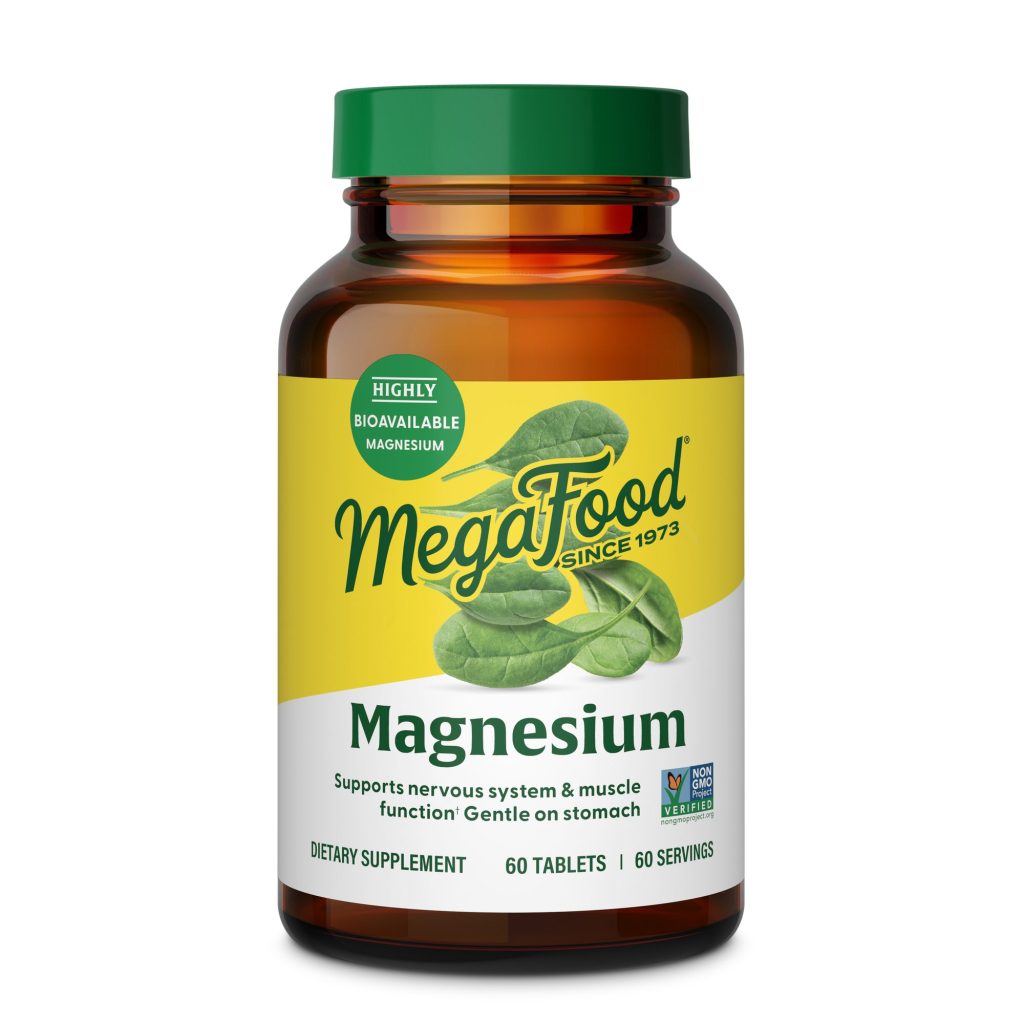

Food-based vitamins have recently gained popularity as a purportedly superior alternative to traditional dietary supplements. But is this hype justified? This in-depth analysis delves into the realm of food-based vitamins, exploring their potential benefits and drawbacks, and comparing them to standard supplements. We’ll investigate if natural sources truly offer a more effective way to meet your daily micronutrient needs or if the benefits are simply a matter of choice. The article will examine various perspectives and provide insights into the practical implications for optimal health. We’ll break down the key arguments, and offer concrete suggestions for how to incorporate these insights into your diet.
Understanding the Core Concepts of Food-Based Vitamins
Defining Food-Based Vitamins
Food-based vitamins are nutrients naturally occurring in fruits, vegetables, whole grains, and other whole foods. These nutrients are often integrated into a balanced diet. They’re naturally combined with other beneficial compounds and dietary fiber, unlike their isolated counterparts in supplement form. Understanding the different types of vitamins and their roles in the body is fundamental to this exploration.
Comparing Food-Based Vitamins to Traditional Supplements
Traditional supplements typically contain isolated forms of vitamins and minerals. They bypass the natural processes of digestion and absorption, which may affect their bioavailability. Food-based vitamins, on the other hand, are part of a complete package delivered by whole foods. This synergistic effect is a critical aspect that should be considered when looking at their effectiveness.
Identifying the Key Differences
While both forms provide essential nutrients, the bioavailability and synergistic effects of naturally occurring vitamins in foods versus isolated nutrients in supplements remain a key area of debate. These differences highlight the need for a balanced approach to nutrition.
Exploring the Potential Advantages of Food-Based Vitamins
Improved Bioavailability
One frequently cited advantage of food-based vitamins is enhanced bioavailability. Crucially, vitamins in food are often paired with other beneficial compounds, such as antioxidants and fiber. This co-occurrence may contribute to enhanced absorption and utilization within the body. The body processes vitamins from foods differently compared to isolated forms found in supplements.
Nutritional Synergy
Vitamins and minerals often work together synergistically in foods. Fruits and vegetables, for example, may contain a blend of vitamins, minerals, and other beneficial plant compounds that work together to promote better health outcomes. Supplementing with individual vitamins potentially misses out on this synergistic effect.
Enhanced Digestive Health
Whole foods, rich in fiber and other beneficial compounds, often support digestive health. A balanced diet incorporating food-based vitamins can also contribute to a healthy gut microbiome, which plays a crucial role in nutrient absorption and overall well-being.
Evaluating the Potential Drawbacks of Food-Based Vitamins
Variable Nutrient Content
One major consideration with food-based vitamins is the variable nutrient content across different food sources. The nutritional value of fruits and vegetables can fluctuate based on growing conditions, ripeness, and other factors. This variability can affect the amount of vitamins and nutrients consumed in a given meal or throughout the day.
Dietary Restrictions and Limitations
Individuals with specific dietary restrictions or allergies might find it challenging to meet their nutritional needs solely through food-based vitamins. Navigating these circumstances with careful planning or supplements can be crucial in providing appropriate nourishment.
Potential Nutritional Gaps
Even with a balanced diet, some individuals may still struggle to obtain adequate quantities of certain vitamins and minerals. This is especially true for specific conditions requiring particular dietary requirements. In such cases, supplements can fill the nutritional gaps.
The Role of Scientific Research on the Efficacy of Food-Based Vitamins
Current Evidence for Enhanced Absorption
Scientific research exploring the bioavailability and efficacy of food-based vitamins is ongoing, but limited conclusive studies support definitive claims of enhanced absorption.
Comparative Studies
Direct comparison studies between food-based vitamin intake and supplement intake are essential to truly understand the differences in nutritional outcomes. This would give us a clearer understanding of the impact on long-term health.
Addressing Gaps in Research
Further research is needed to compare the effects of food-based versus supplement-based vitamins, particularly focusing on different populations and specific health conditions.
Dietary Recommendations and Practical Strategies
Integrating Whole Foods into a Balanced Diet
Maintaining a diet rich in whole foods, including fruits, vegetables, whole grains, and lean proteins, is crucial for optimal nutritional health. The focus on a balanced approach is more valuable than relying on any single source.
Considering Potential Dietary Deficiencies
Understanding your individual nutritional needs based on your diet, lifestyle, and health conditions is essential. Consulting with a healthcare professional is recommended for personalized guidance and recommendations.
Supplementing Strategically
In cases of suspected nutritional deficiencies, supplementation may be necessary to ensure adequate intake of specific vitamins or minerals.
Frequently Asked Questions
What are the key differences between food-based vitamins and supplements?
Food-based vitamins are naturally occurring in various whole foods, offering a broader nutritional package, and often combined with beneficial compounds in the foods. Supplements, on the other hand, usually contain isolated vitamins and minerals, potentially offering concentrated doses but often missing the synergistic effects present in food. Ultimately, the best approach to daily nutrition will depend on your individual needs and circumstances.
Are food-based vitamins superior to supplements for optimal nutrition?
While food-based vitamins are part of a holistic approach, the superior nature is not universally agreed upon. Both can play a role in achieving optimal nutrition. Some individuals may benefit more from supplements in cases of known nutritional deficiencies or dietary restrictions. However, a balanced diet rich in whole foods typically provides a wide array of essential nutrients.
In conclusion, the mystery of food-based vitamins versus standard supplements is complex and multifaceted. While promising, the evidence supporting superior efficacy of food-based options for many nutrients isn’t always conclusive. Ultimately, a balanced diet rich in fruits, vegetables, and whole grains, combined with potentially strategic supplementation, is the most comprehensive approach for optimal nutritional health. If you’re unsure about the best course for your nutritional needs, consult a registered dietitian or healthcare professional. They can help you determine the appropriate balance of diet and supplementation for your unique circumstances.